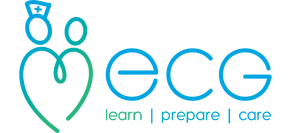“My 5 best memories of working in front line health care”
1) Seeing my first birth was an amazing experience – I spent a year working on the labour ward, and to see such a joyous event in peoples lives felt like quite a privilege. I also have huge respect and admiration for the midwives and the amazing work they did, particularly acting quickly and calmly when things didn’t go to plan.
2) Seeing my first cardiac arrest – this was far from a pleasant experience, but what stayed with me was the ward sister approaching me and asking if I was ok, as she did to all who were involved. Despite the stressful situation, her kind and understanding response meant a lot to me in that moment. She was the type of healthcare professional I wanted to be.
3) Remembering someone – A woman stopped me in the corridor one busy day and asked if I remembered her. I saw many patients and honestly did not recognise the lady in front of me. She explained that she had been a patient here a year ago and that I had done several of her heart tests, and then told me some personal information and what we had chatted about while she was a patient. Suddenly, the memory came flooding back – but I still did not recognise the woman in front of me. The woman I had seen was terribly unwell and fighting a life-threatening illness; I remembered her being too weak to lift her food to her mouth. The woman in front of me now was bright eyed and healthy. I was amazed by the transformation and the fact that this was the result of the NHS and the work of so many people.
4) Working as a phlebotomist – whilst I was studying gave me the opportunity to see many patients who were incredibly nervous about needles. Being able to reassure those patients and see them leave full of relief that it hadn’t been bad at all was incredibly rewarding. I also remember my surprise when an eight-year-old girl just casually held her arm out for me, completely unphased by the prospect of her blood being taken.
5) Working in cardiac physiology (both ECG and echo) – this gave me the opportunity to pick up on any abnormalities. Whilst ultimately at the time this was ‘doing my job’, it was very rewarding to think that you had picked up on something which without treatment could have been damaging for the patient. When I identified sometimes subtle changes as an incidental finding on a routine ECG and it led to the patient having a pacemaker/ICD fitted this felt very rewarding. A specific case I remember was identifying all the signs of a pulmonary embolism on the ECG of a young patient without a diagnosis (bearing in mind ECG is not particularly sensitive or specific to PE detection, but in this case, it was correct). I flagged this up, a CT scan was arranged, and the PE was confirmed and treated immediately.
I have so many memories from my time working in the NHS, meeting so many wonderful people as both colleagues and patients. I feel very happy to now be a Clinical Trainer with ECG, providing clinicians and healthcare professionals with the vital skills they need to provide excellent patient care. I am proud to be in a role where I can influence the clinical standards in healthcare.
Written by Sarah Hope (ECG Clinical Trainer & HealthCare Science Practitioner in Cardiac Science) ), Tuesday 18th February 2020
Follow me at: https://twitter.com/ECGSarah

